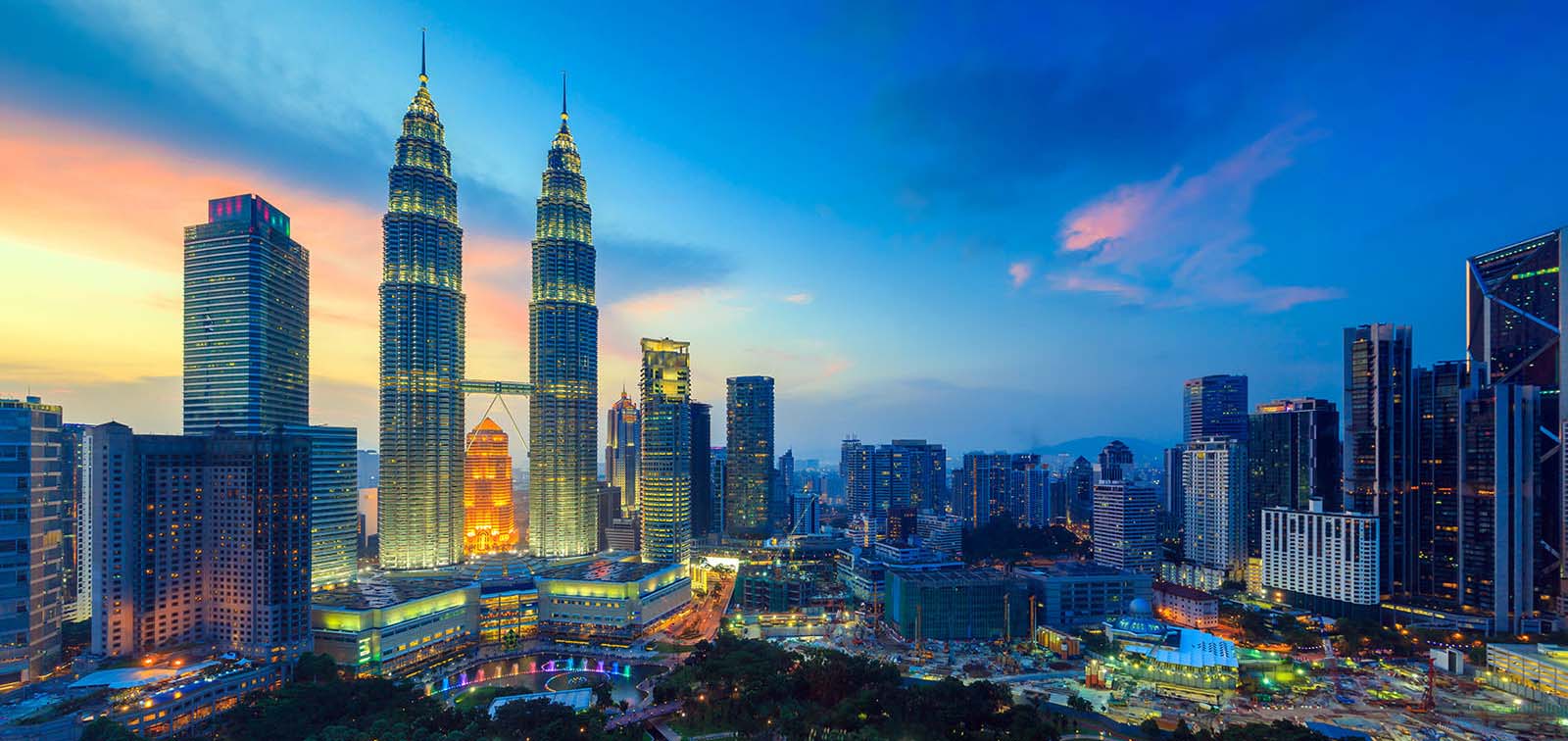VISA Procedure
Most visitors to Vietnam need a visa to enter the country. Visas are exempted for the citizens of the countries, which have signed a bilateral or unilateral visa exemption agreement with Vietnam, tourist visa may be valid for 15 to 30 days.
Visa exemption:
Vietnamese people that hold foreign passports and foreigners who are their husbands, wives and children are exempt from visa requirements to enter Vietnam and are allowed to stay for not more than 90 days. In order to be granted visa exemption certificates at Vietnamese representative offices abroad, overseas Vietnamese need conditions:
-
Foreign-issued permanent residence certificate (PRC) with the validity of at least six months since the date of entrance.
- Visa exemption paper (VEP) is granted by Vietnamese appropriate authorities.
Those who expect to stay more than 90 days must apply for visa according to current stipulations before their entrance.
Bilateral visa exemption agreement
-
Citizens of Thailand, Malaysia, Singapore, Indonesia and Laos holding valid ordinary passports are exempt from visa requirements and are allowed to stay for not more than 30 days; Philippines is allowed to stay for not more than 21 days.
- By February 2011, citizens of China, Kyrgyzstan, North Korea, and Rumania holding valid ordinary passports for official mission. Citizens of 60 countries holding valid diplomatic or official passports are exempt from visa requirements including: Argentina, Afghanistan, Albania, Algeria, Azerbaijan, Bangladesh, Belarus, Brazil, Brunei, Bulgaria, Cambodia, Chile, China, Croatia, Cuba, Czech Republic, Dominica, Ecuador, France, Hungary, India, Indonesia, Iran, Iraq, Japan, Kazakhstan, Kyrgyzstan, Laos, Malaysia, Mexico, Moldova, Mongolia, Montenegro, Morocco, Mozambique, Myanmar, Nicaragua, North Korea, Pakistan, Panama, Paraguay, Peru, Philippines, Romania, Russia, Serbia, Singapore, Slovakia, South Africa, South Korea, Spain, Sri Lanka, Switzerland, Thailand, Tunisia, Turkey, Ukraine, Uruguay, Uzbekistan, Venezuela.
Unilateral visa exemption
-
Visa with 30-day validity is exempted for officials from ASEAN secretariat holding different kinds of passports.
- Citizens of Sweden, Norway, Denmark, Finland, Japan, South Korea and Russia holding different kinds of passports are exempt from visa requirements and are allowed to stay for not more than 15 days.
Others who want to enter Vietnam must be provided with a visa.
-
Tourist visa is valid in 30 days.
-
Visa is issued at the Vietnamese diplomatic offices or consulates in foreign countries. Visa is possibly issued at the border gates to those who have written invitations by a Vietnamese competent agencies or tourists in the tours organized by Vietnamese international travel companies.
- Application files for visa: the entrance application (printed form); two 4x6 cm photos; passport and fee for the visa issuance.
Visa extension :Served by all international travel companies.
- Visa exemption for Overseas Vietnamese
- Vietnam visa on arrival
Source: www.vietnamtourism.com
CUSTOMS
Customs procedures in Vietnam are quick and simple. To enter and exit Vietnam, visitors are required to fulfill the entrance and exit procedures in the form (in Vietnamese or in English languages).
Luggage of people on entry (including clothes, personal belongings with reasonable quantity in service of the trip's purpose) must be declared in case as follow:
- Luggage exceeds duty free concessions
- Luggage sent before or after trips
- Professional equipment temporarily imported and re-exported or vice versa;
- Addictive medicines
- Other medicines exceed 30 USD in value
- Foreign currency exceeds 7,000 USD (seven thousand US dollars) or its equivalence other foreign currency, or over 15,000,000 VND (fifteen million Viet Nam Dong) in cash.
* Goods prohibited to export: weapons, ammunition, explosives, military technical equipment, antiques, drugs, toxic chemicals, wild animals, rare and precious animals and plants, documents related to the national security, etc. A quantity over 300g of gold must be declared and be permitted by the State Bank.
* Duty free concessions for the baggage of arriving passengers:
- For liquor: Liquor at 22º and above: 1.5 litres; Liquor below 22º: 2.0 litres; Alcoholic beverage: 3.0 litres.
- For cigarettes and cigars: - Cigarettes: 400 pieces; - Cigar: 100 pieces; - Tobacco: 500 g
- For tea, coffee: - Tea: 5kg; Coffee: 3kg
- For Clothes, personal belongings: With reasonable quantity in service of the trip's purpose
- Articles other than those mentioned at items above (outside the list of goods banned from import or subject to conditional import): Total value not exceeds 5,000,000 VND.
Note: Foreigners on entry carry luggage, which exceeds the duty-free quotas, presents and gifts with the total value not exceeding VND 1,000,000 (one million) shall be exempt from taxes.
Source: www.vietnamtourism.com
Country Overview
Country:
The Socialist Republic Of Vietnam
Capital:
Hanoi
Area:
331,689 sq. km (Mountains and tropical forests cover three-quarters of the country). The distance between the northern most and southern most points is 1,650 km
Administrative Divisions:
Vietnam has 64 provinces, including 5 municipalities (Hanoi, Ho Chi Minh, Hai Phong, Can Tho, Da Nang). Major cities are:
- In the North: Hanoi, Hai Phong
- In the Central: Hue, Da Nang, Qui Nhon
- In the South: Ho Chi Minh City, Nha Trang, Can Tho
Climate:
Vietnam’s climate varies a great deal from north to south. Northern Vietnam has four distinct sea-sons: spring, summer, autumn and winter. In the north, summers are hot, while winters are cool and misty. Southern Vietnam is hot year-round, with temperatures typically varying by just three degrees Celsius. Tropical monsoons occur from May to October in the north and south, and from September to January in the centre
Population:
- 86,116,559 (July 2008 est.), over 50% of the population being under the age of 25
- Labor force: 46.42 million (2007 est.)
Ethnic Group:
54 Ethnic Group. The largest group is Kinh comprising 88% of the population and mainly living in the Red River Delta, the central coastal delta, the Mekong Delta and major cities. The other 53 ethnic minority groups (approximately 8 million people) are scattered over mountainous area
Natural Resource:
Energy resources (oil, gas, coal, and hydropower); minerals (bauxite, iron ore, lead, gold, precious stones, tin, chromate, anthracite, construction materials, granite, marble, clay, white sand and graphite); sea and tropical forestry resources and agricultural potential
Transportation:
- Airports: 44 (2007)
- Railways: 2,600 km
- Roadways: 222,179 km
- Waterways: 17,702 km (5,000 km navigable by vessels up to 1.8 m draft) (2005)
- Merchant Marine: 359 ships (1,000 GRT or over) 2,154,881 GRT/3,324,373 DWT
- Ports and Terminals: Hai Phong, Da Nang, Ho Chi Minh
Communications:
- Telephones - Main Lines in use: 10.8 million (2007)
- Telephones - Mobile Cellular: 33.2 million (2007)
- Radio Broadcast Stations: AM 65, FM 7, Shortwave 29 (1999)
- Television Broadcast Stations: 67 (includes 61 relay, provincial, and city TV stations) (2006)
- Internet Hosts: 106,772 (2007)
- Internet Users: 17.87 million (2007)
Legislative:
The Government is overseen by a legislative body known as the National Assembly, which elects a president to serve as head of state and a prime minister to administer the daily affairs of the government











